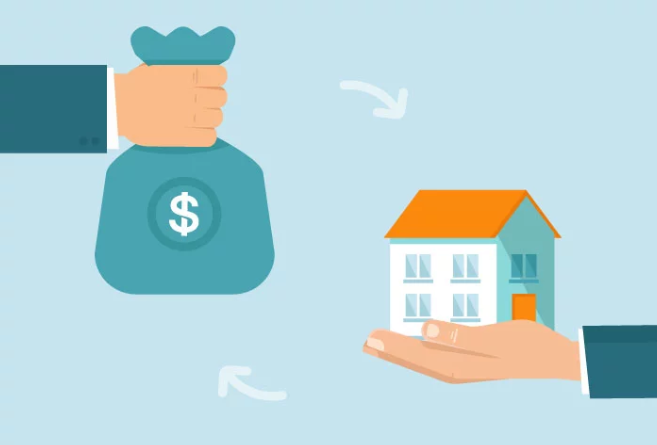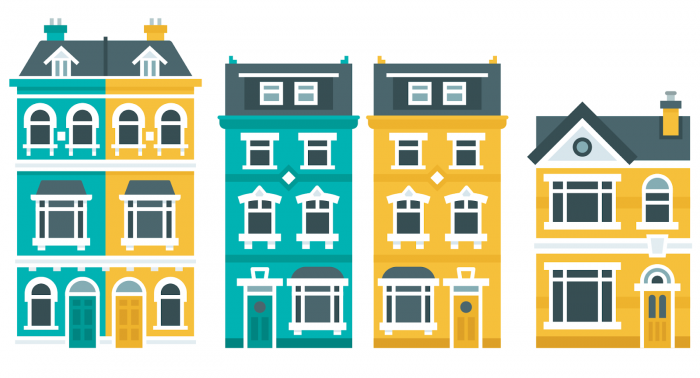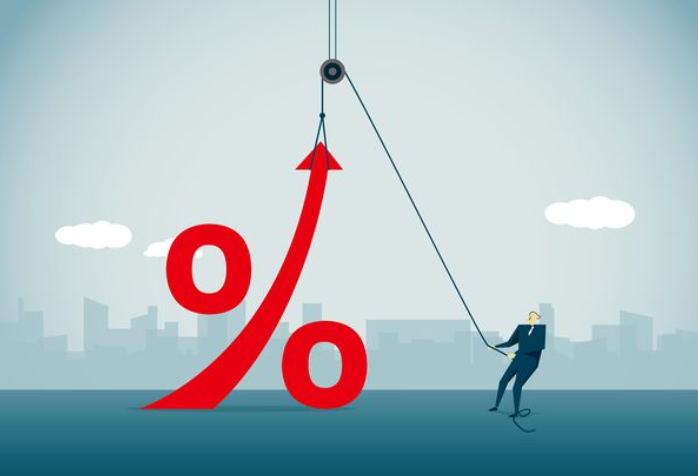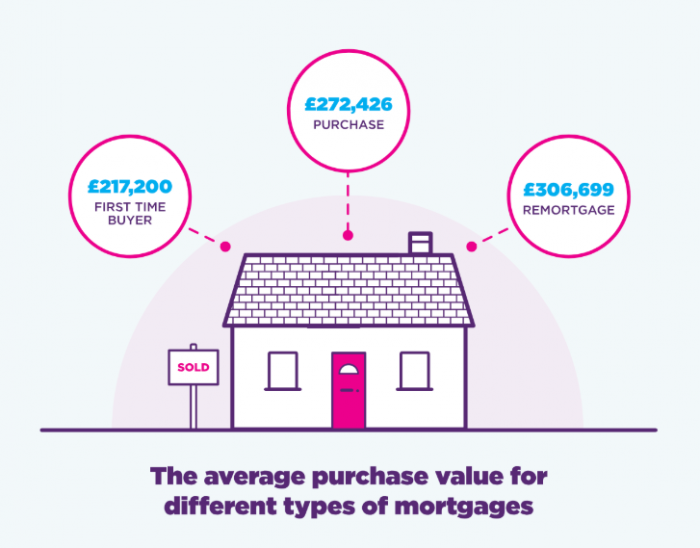If you’re thinking about buying a house, one of the first steps you will need to take is to secure your deposit. With 100% mortgages a thing of the past, you now need to save as much as possible before you buy a home if you want to secure the best possible deal. This article will outline some of the things you can do to maximise your deposit and get a better rate on your mortgage.
Why do I have to save for a deposit?
Research on the Niche Mortgage Info website, states, before the credit crunch in 2007, banks were far more likely to lend people the full value of a house without a deposit. The problems started when the recession started, house prices dropped and people ended up owing the bank more than what their house was worth. It suddenly became clear that 100% mortgages might not be the best idea.
Nowadays, banks are much more apprehensive about their lending decisions and will look at the size of your deposit as a key factor in this decision. The bigger the deposit, the bigger the chance you have of securing a better mortgage rate which could cost you less in the long run. In general, you need a deposit that is at least 10% of the value of the property you are hoping to buy. So, for a £150,000 property, you would need a £15,000 deposit. This sounds like a lot of money, but if you are frugal and cautious with your money, you could save this amount with a partner in just a few years.
Shop around first
As a general rule, you need a minimum of 10% of the value of the property you hope to buy, but there are some mortgage lenders that will accept a smaller deposit. If you aren’t sure if you have saved enough money, it’s always worth speaking to a mortgage broker as they will be able to tell you if your deposit is enough.
How much do I need to save?
This all depends on the property you wish to invest in, but as a general rule, you should aim to save as much as possible. When you start your property search, you will soon get an idea of the average house price for the sort of property you are looking for. Once you have a target sum in mind, you can then work out how much someone on your salary could borrow and determine if the property is affordable.
If you find that your sums are coming up short, you may wish to reevaluate how much you intend to borrow and look for a smaller property or one that is a little bit further away from transport links.
If you have a healthy deposit but are worried that your earnings might hold you back, it’s best to speak to a mortgage broker. They will have the best access to all mortgage lenders on the market and will be able to advise you on the best course of action. For example, you might be making your calculations based on borrowing 3x your earnings but a mortgage broker may be able to find a lender that would be willing to give you 4x or even 5x your earnings.
How to boost your savings
One of the best ways to make the most of your savings is to take advantage of high-interest savings accounts such as an ISA. This type of account will protect your savings from the taxman so your deposit will grow a lot faster.
In order for an ISA to be effective, you need to get into the habit of putting a little bit of money away every month. Rather than waiting until the end of the month, get into the habit of putting aside some money as soon as you get paid. This will prevent you from skipping months and falling behind with your savings plan.
Keep an eye on interest rates
Never assume that an account with good interest rates will stay that way forever. Some savings accounts will offer a high-interest rate for the first 12 months and then the rate drops dramatically. If this happens, you could be losing out on lots of interest. Keep an eye on your accounts and make sure your money is always working hard for you.
As a side note, you should never attempt to take a shortcut when it comes to growing your deposit. The stock market isn’t a good place to make short-term investments, so don’t take the risk of losing your whole deposit. Stick with savings accounts where you know your money is safe and you can easily access it when you need it.
Buying with a 5% mortgage
If you are struggling to save or if you need to purchase a home quickly, then some lenders will accept a 5% deposit under something known as the Save To Buy scheme. Eligibility is quite complex and saving through the scheme doesn’t guarantee that you will be accepted, but this can be a good option for those with less money at their disposal. Beware that a 95% LTV mortgage will have some of the highest interest rates, so it could be a lot more costly in the long run. An alternative would be to wait another year in order to save a bigger deposit and secure a better interest rate.
Buying with a 10% deposit
Most banks require the bare minimum of 10% of the property value, so anything you can save over this amount will only help your application. Another alternative is to reduce the value of the property that you are buying, which will increase the value of your deposit.
Securing the best deals
If you want to secure the best deal on your mortgage then you have to demonstrate how you are a low-risk borrower. With a 30% deposit or even a 40% deposit, lenders have even more protection against fluctuating house prices and will be able to give you a much better interest rate as a result.
If you are struggling to save but are desperate to get on the property ladder, don’t give up. There is always a way to help boost your savings and make yourself a more attractive prospect to lenders. Sometimes all it takes is a conversation with the right mortgage broker.
Find a Home-Based Business to Start-Up >>> Hundreds of Business Listings.



















































